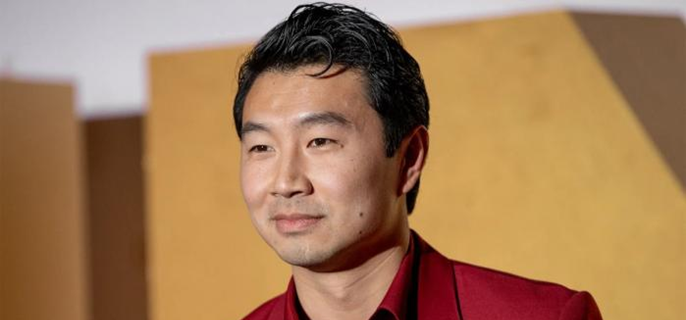Simu Liu is taking a stand on the issue of replacing human actors with artificial intelligence, particularly in the realm of background performers, with a resolute voice that echoes through the film industry. The star of "Shang-Chi and the Legend of the Ten Rings" recently responded to Shark Tank investor Kevin O'Leary's suggestion that utilizing AI in lieu of extras could help mitigate exorbitant production costs. Liu's response was unimpressed, labeling the idea as both unfair and disconnected from reality.

"Sure, you blame the extras making 15–22 dollars an hour, struggling to make a living, while those above the line make millions," Liu wrote on X, directly addressing O'Leary's claim about reducing film budgets. In an interview with Deadline on Monday, while promoting his upcoming Netflix animated movie "In Your Dreams," Liu elaborated on his strong stance in defending background actors and the value they bring to film sets.
"First and foremost, I thought the perspective I was responding to was a truly absurd take," he said. "It was tone-deaf, out of touch, and incorrect. The notion that background actors making minimum wage are somehow responsible for the escalating cost of movies is simply not true."
Liu's passion for this cause stems from personal experience. Before landing major roles, he started as a background actor himself, appearing in "Pacific Rim" shortly after losing his accounting job. That early opportunity, he said, helped him understand the filmmaking process from the ground up.
"The idea of replacing actors with AI is so antithetical to my development as an actor," Liu explained. "I believe if I was able to learn from that experience, then how many others are doing the same? By depriving the world of background actors, you're also denying people the opportunity to acquire these skills."
For Liu, the issue transcends budgets; it's about preserving the human element in art. "Film is such an artistic medium. Among all the uses of AI that have emerged, replacing art is simply the last thing anyone wants to do with AI," he said. "I feel like art is human because it's about the way extras move...it all contributes to the frame and is meaningful to the story."
Liu also believes audiences can instinctively tell when something feels off. "I truly believe that human beings are smart. When we see someone in the background not moving like a human, we know. I feel like we can still tell the difference, at least for now."
Liu is not alone in this stance. His "Pacific Rim" director, Guillermo del Toro, recently made headlines for expressing similar frustration over the use of AI in creative work, saying he "would rather die" than use it in his films. As the debate over AI's role in Hollywood continues, Liu's message remains clear: storytelling, at its core, should always remain human.

